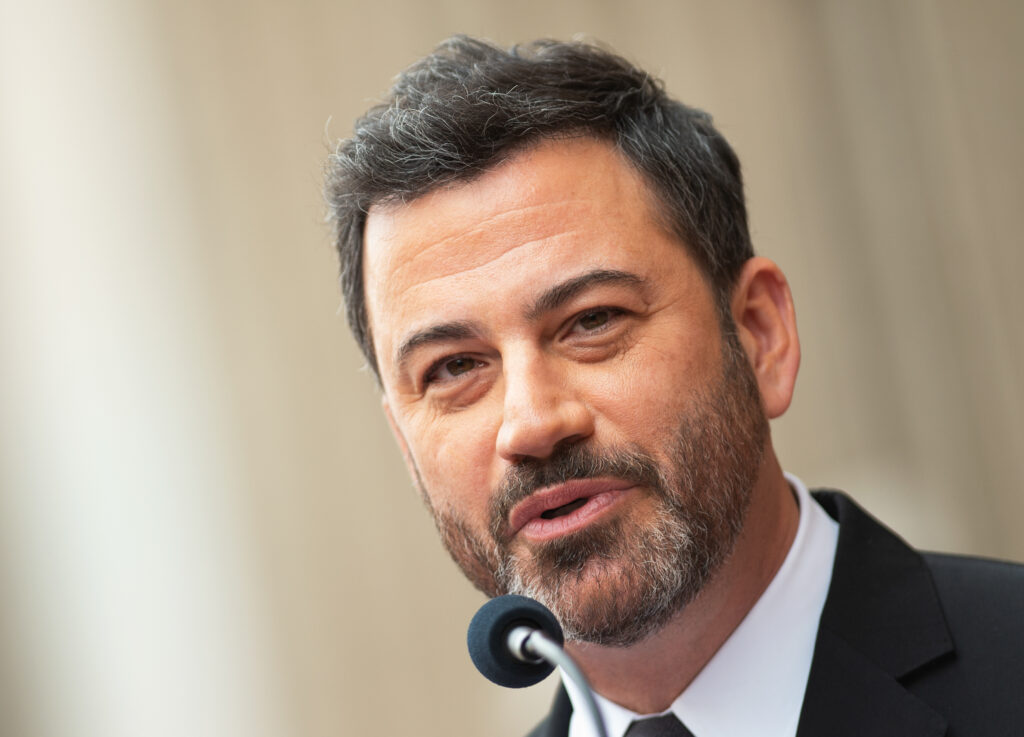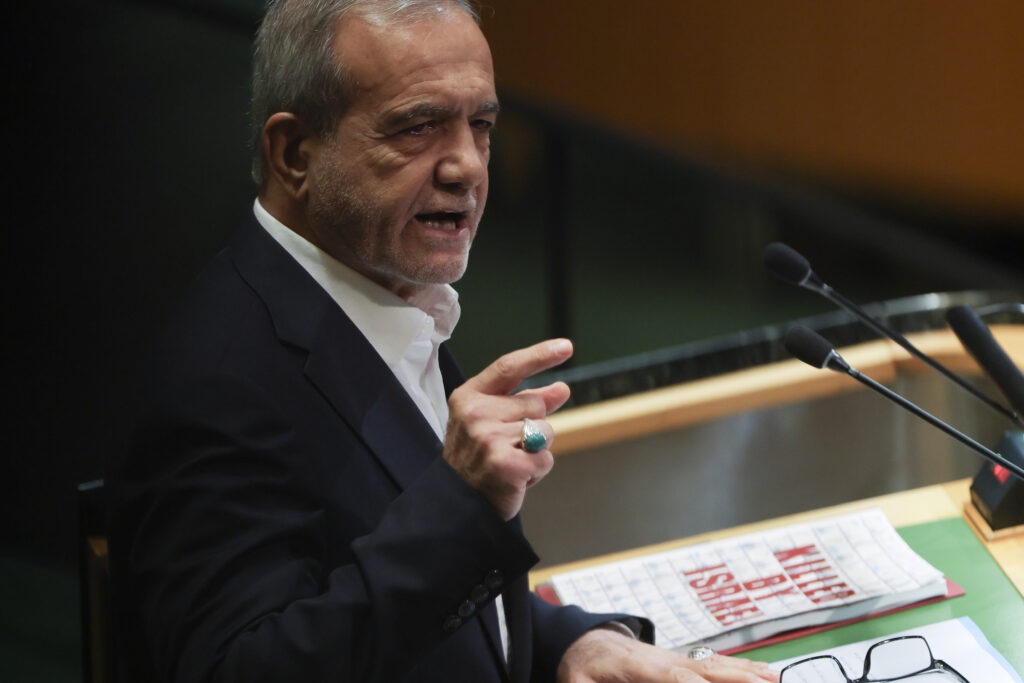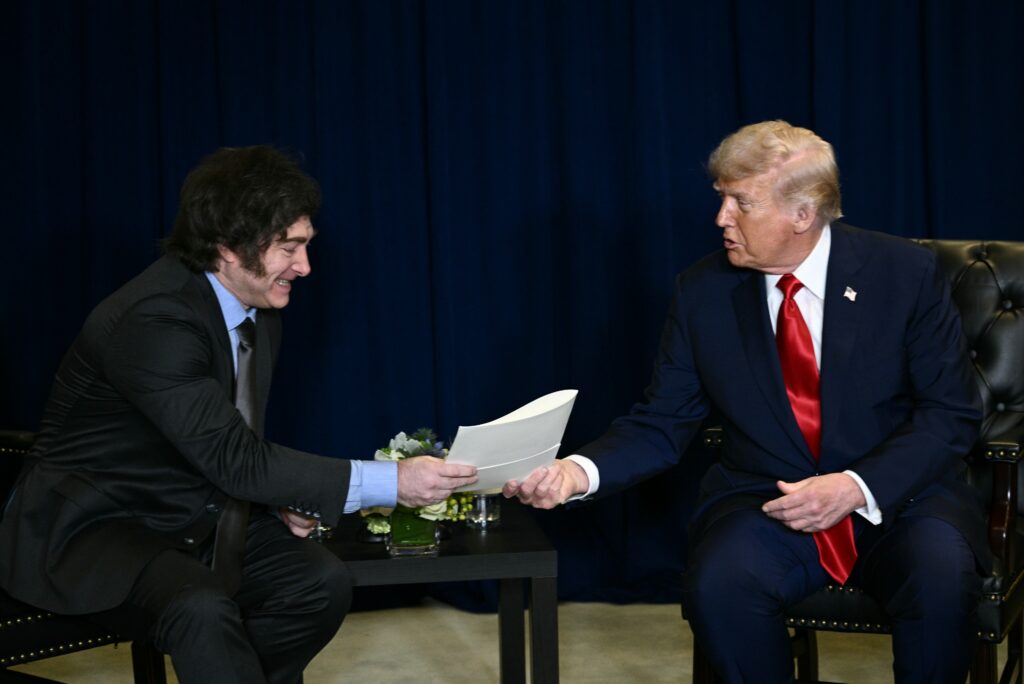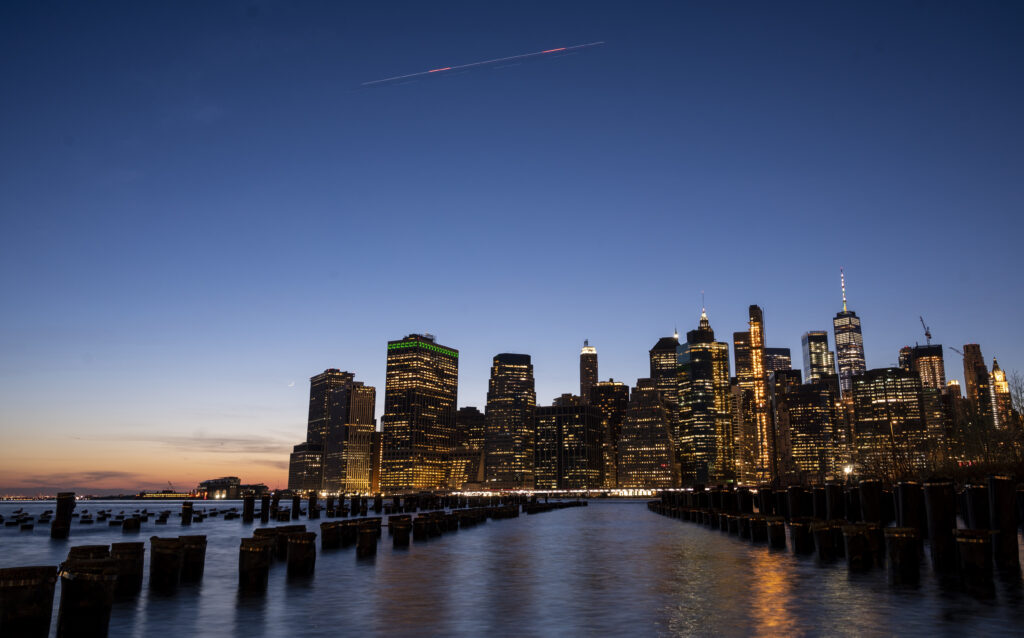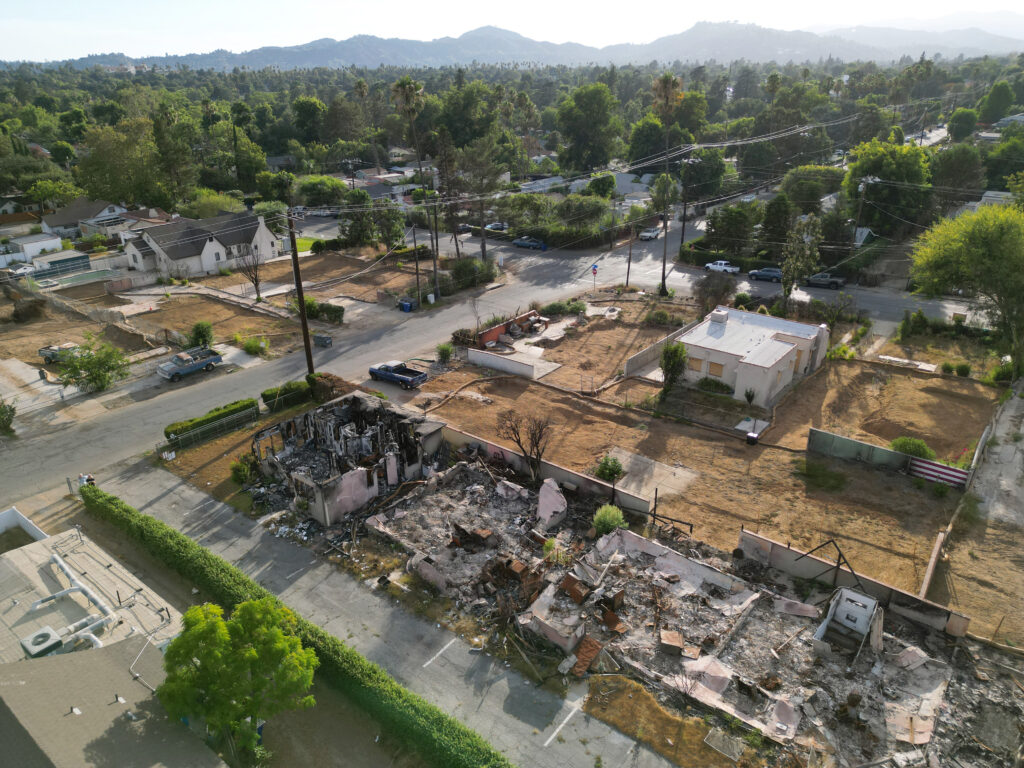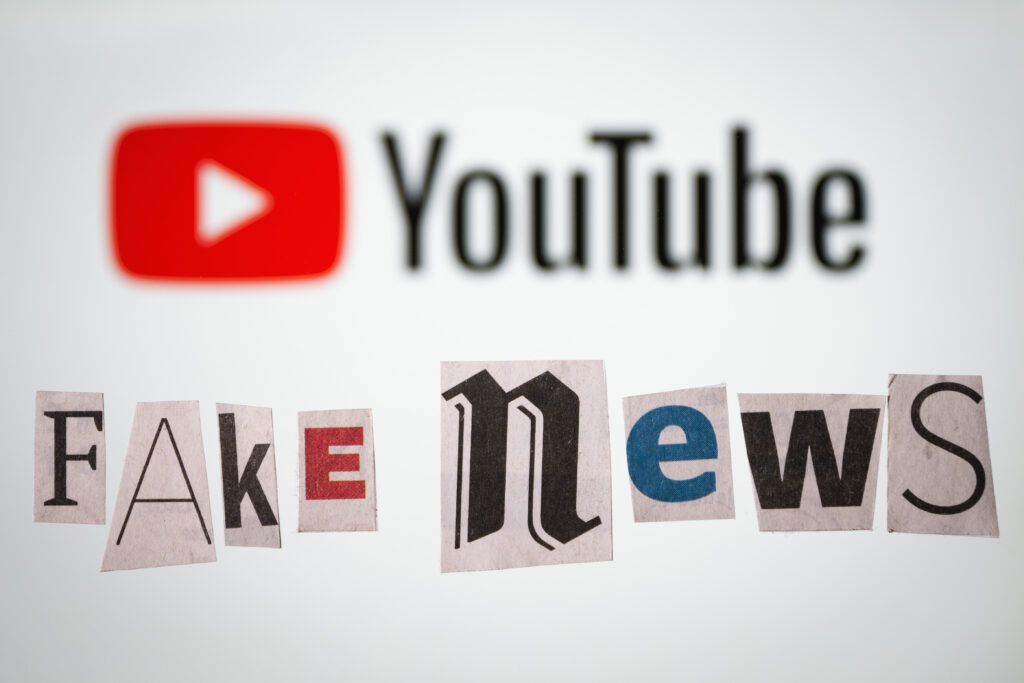US comedian Kimmel calls Trump threats ‘anti-American’
TV host Jimmy Kimmel defended free speech when he returned to US screens on Tuesday, calling government pressure on his late-night talk show “anti-American” as critics decried his suspension as an attack on constitutional rights.In his opening monologue, an emotional Kimmel praised the public outrage — which came from both left and right — over his suspension, as President Donald Trump once again threatened to sue ABC, the TV network that carries the show.”A government threat to silence a comedian the president doesn’t like is anti-American,” Kimmel said to wild applause.”Our government cannot be allowed to control what we do and do not say on television.”Kimmel, who frequently skewers Trump and his inner circle, raised the ire of conservatives last week when he said “the MAGA gang” was trying to exploit the college campus murder of right-wing activist Charlie Kirk.On Tuesday he struck a conciliatory note. “It was never my intention to make light of the murder of a young man,” he said, his voice cracking.Kimmel’s suspension last week was praised by Trump and the 79-year-old Republican swiftly attacked ABC for allowing the comedian’s return.”I think we’re going to test ABC out on this. Let’s see how we do. Last time I went after them, they gave me $16 Million Dollars. This one sounds even more lucrative,” he wrote on social media shortly before the show aired.It was not immediately clear what legal grounds Trump might think he has.Previous suits against media firms — including the one against ABC — were largely viewed as meritless, but settled seemingly as a way to appease the president.Chuck Schumer, the senior Democratic senator, called the row “a test of democracy” and said Trump “wants to be king.””Trump seems to have this penchant — anyone he doesn’t agree with, he wants to shut up,” he said Wednesday. “That’s a dagger to the heart of America.”Audience members who had watched the Hollywood taping told AFP that Kimmel had struck the right tone.”He spoke really eloquently and he gave like a lot of love to everyone who’s been hurt,” said Katie Persico, 34.”I felt like I was part of history a little bit for free speech.”- Boycott -The latest bust-up between the Trump administration and critics in the media unfolded last week when Federal Communications Commission (FCC) Chairman Brendan Carr appeared to threaten the licenses of ABC affiliates broadcasting the show unless they demanded Kimmel’s removal.Two companies that own dozens of those affiliates — Nexstar and Sinclair — then announced they would be removing the show from their schedules, prompting Disney to suspend the show nationwide.Sinclair — which last week demanded Kimmel apologize to Kirk’s family and make a donation to his right-wing activist group Turning Point USA — said Monday that its affiliates would still not be broadcasting the show when it resumed.On Tuesday, Nexstar followed suit.This meant the show remained off the air in several of the largest US television markets, including Washington DC, New Orleans, Nashville and Seattle.Kimmel’s abrupt disappearance from the airwaves sparked fury in liberal circles, with opponents saying he had been targeted because of his criticism of Trump.Opponents saw it as the latest step in creeping government control of free speech, a right enshrined in the country’s constitution.Some on the political right were also uneasy, including Trump allies such as Senator Ted Cruz and firebrand broadcaster Tucker Carlson.Trump often complains about negative coverage of him, going so far last week as to call it “illegal,” and has sued several media organizations.Disney, which owns ABC, faced backlash after suspending Kimmel. A rash of consumer cancellations followed along with a wave of reproach from creators and Hollywood insiders over what many saw as a spineless response to government bullying.By Monday, Disney had backtracked, saying the suspension had been an effort to “avoid further inflaming a tense situation” but adding it would bring back the show after “thoughtful conversations with Jimmy.”
